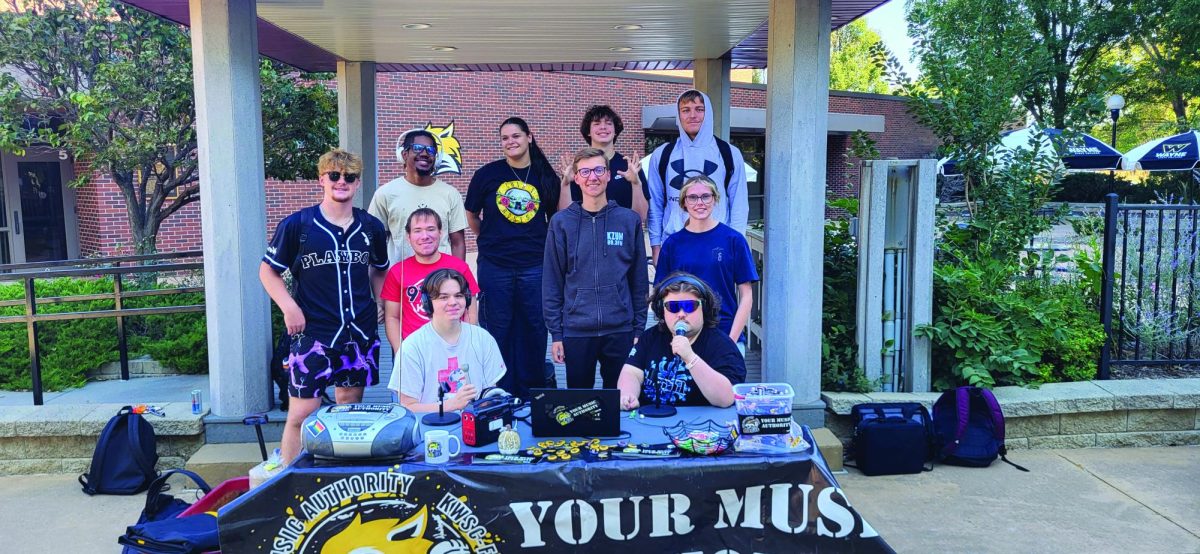Such is Life: Is it too much to ask to tip your damn server?
February 22, 2017
Some advice, from one poor college student to another—if you can afford to go out to eat, you can freaking afford to tip your server.
That may sound dumb and irrelevant, but you have no idea how important tips are to any server’s paycheck. And no, it shouldn’t matter how “classy” the restaurant is. If you have someone who brings your drinks, food, and check to your table, you better leave them a little something, at least.
Again, I swear this is good information for anyone to know. You should be informed about your servers and not just judge them based on the establishment they work at. For one thing, a good majority of servers aren’t even being paid minimum wage.
That’s right. A server’s wages usually ranges anywhere from only $2 to maybe $5 an hour because their workplace expects tips to make up for it. Just so you know, that means that even if they are getting $5 an hour, that’s still $4 less an hour than if they were making minimum wage.
So a little math—if a server takes a four-hour shift, the business would pay them $20 for that shift (before taxes). On the other hand, if they were making minimum wage, they would have made $36 that shift (again before taxes).
Is $16 not a big enough money difference for you?
OK, let’s look at a normal two-week pay check for a server. Let’s just imagine this server works seven days a week, six hours each day. That’s 42 hours a week. This paycheck, before taxes, would be $210. If he had made minimum wage for those hours, his paycheck would have been $378 before taxes.
That means the number of tips he needs in order to make up for the minimum wage would be $168, or $24 in tips each six hour shift. Though that number seems low and completely doable, unless you work at a higher quality restaurant, it can actually be a struggle, and that’s assuming servers are being paid $5 an hour, and not less.
There are other things I think a lot of people don’t take into account when it comes to leaving their server a tip. Yes, it’s important to look at their service—how well they treated you and took care of you—but another important aspect of the dining experience is a lot of the things you can’t see; the amount of cleaning and preparation, not only of food, but for each shift as well.
That silverware you use, for example, has to be cleaned, rolled and wrapped again before it can be reused, and that is just one of many servers’ obligations.
It’s also important to take into account the fact that there are a lot of things that aren’t in their control—being extremely busy, for example, or how well your food is prepared.
Last, but probably most important, you have to remember that they are human. They have their problems, just as you have yours. I know a lot of times servers can seem salty or unfocused, but they also have to put up with people in general, and we all know that can be an unpleasant thing to do.
So next time you sit down someplace to eat, try my advice. Open your mind a little and try to look past things you would usually criticize too much.
Of course, I’m not saying you should leave some hellacious amount, and if your server was bad, then he wasn’t a very good server.
I’m just saying that something is better than nothing, and I’d rather you at least leave a dollar or two than not a single dime.
But, hey, what do I know.







